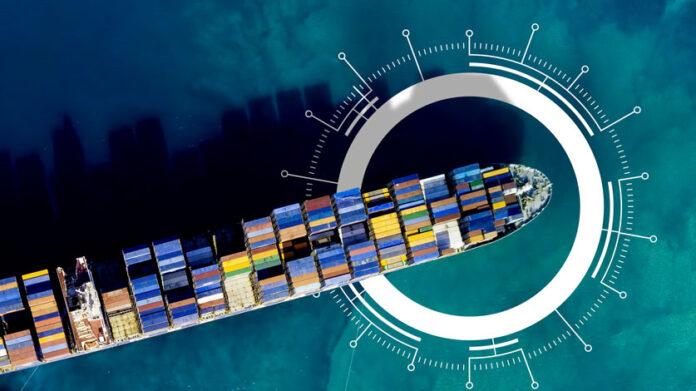Know Your Vessel” (KYV) is a term used in the shipping industry to refer to the process of obtaining and verifying information about a vessel to assess its compliance with international regulations and sanctions.
This process is similar to the “Know Your Customer” (KYC) process in the financial industry, where financial institutions are required to obtain and verify information about their customers’ identity, activities, and source of funds to prevent money laundering and terrorist financing.
KYV and AIS Routing
KYV (Know Your vessel) is an important aspect of sanctions compliance, and it can also be applied to identify potential risks related to AIS (Automatic Identification System) manipulation in the shipping industry.
AIS is a tracking system used to monitor the location and movement of ships, and it can be manipulated by vessels to conceal their true location or activities, which can be a potential risk for sanctions compliance.
KYV Measures
To mitigate these risks, KYV procedures should be implemented to verify the identity and activities of vessels and their owners/operators. This may involve obtaining information on vessel ownership, management, and control structures, as well as conducting due diligence on associated parties and their activities.
Some specific KYV measures that can be applied to address AIS manipulation risks include:
Verifying vessel ownership and control
KYV procedures can be used to verify the identity of vessel owners and operators, as well as the extent of their control over the vessel. This can help to identify cases where a vessel may be under the control of an individual or entity subject to sanctions.
Monitoring vessel movements
KYC procedures can be used to monitor vessel movements and identify any suspicious activities or anomalies in AIS data. This can help to identify cases where a vessel may be attempting to conceal its true location or activities.
Conducting due diligence on associated parties
KYV procedures can be used to conduct due diligence on associated parties, such as charterers, brokers, and cargo owners. This can help to identify cases where these parties may be involved in illicit activities or have connections to sanctioned individuals or entities.
Establishing risk-based procedures
KYV procedures should be established based on a risk-based approach that takes into account the specific risks associated with AIS manipulation and the shipping industry more broadly. This may involve setting up procedures to conduct additional due diligence on high-risk vessels or associated parties.
Overall, the KYV process involves collecting information about a vessel’s ownership, flag, registration, classification, crew, cargo, and voyage, and using this information to screen it against relevant sanctions lists and regulations.
The sanctions certification program offered by Regtechtimes covers information about many such topics like the KYV and the process of registration can be checked here on the sanctions certification page.


